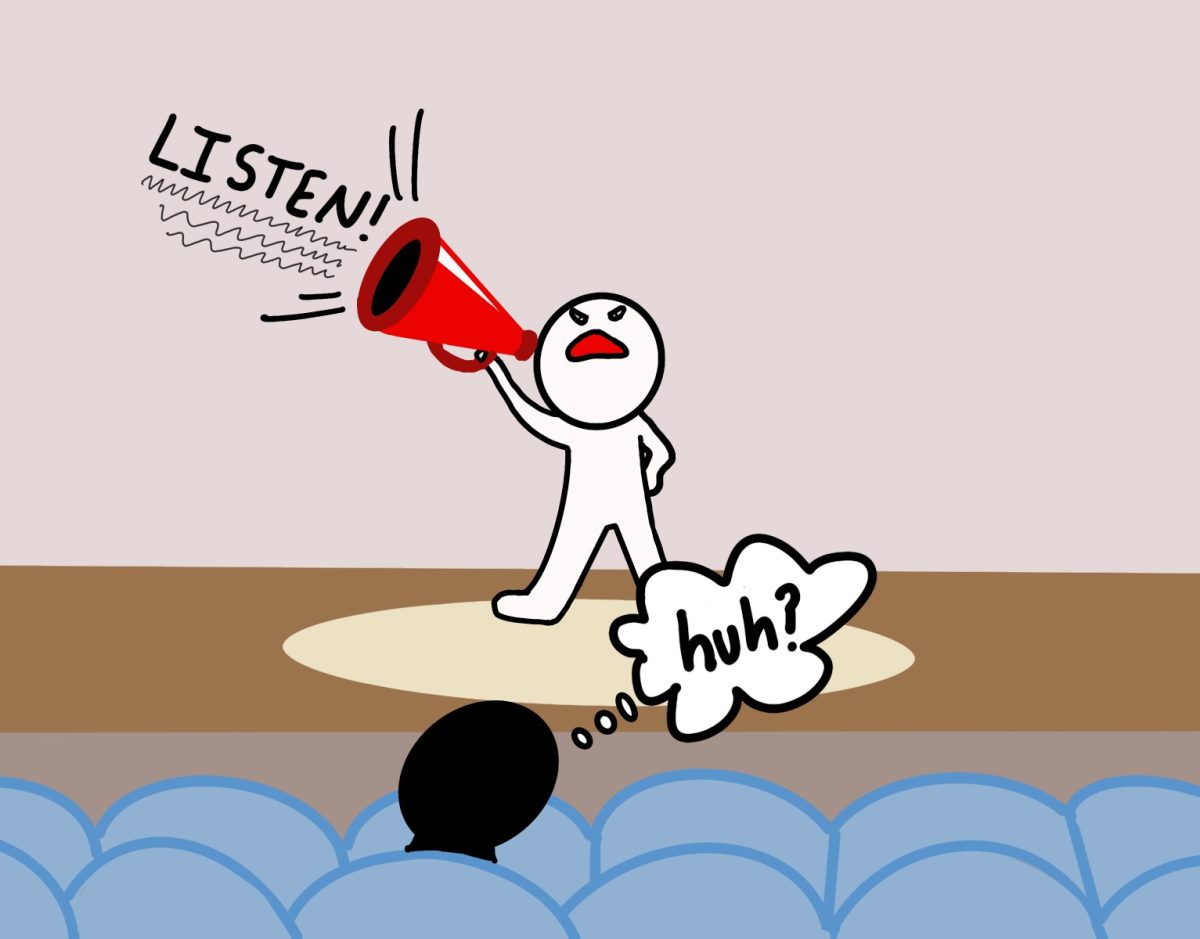From elementary to high school, I’ve been repeatedly told to follow the rules, listen and respect my teachers. Sometimes, it feels like teachers do one thing without considering how it affects students. Many teachers implement grading systems the student body may view as hypocritical or unfair. These issues leave students feeling the grade or feedback given doesn’t reflect their true abilities or efforts. We are young adults who need adult role models in school to introduce healthy habits, however, inconsistent grading can also lead to confusion and frustration among students.
Coming from a student’s viewpoint, I have had teachers who take their personal biases or opinions into account when my material has been graded. When this happens, students are not assessed purely on their understanding of the material but rather on how well they align with the teacher’s personal views. This can make a student feel like they didn’t understand the assignment asked of them. While sometimes this feeling comes from the inconsistencies and biases with grading, it can also come from a simple lack of directions. When the directions are inconsistent, students may misinterpret the assignment and earn a sub-par grade. Teachers may view this as the student’s fault for doing the assignment incorrectly, but the teacher is partly at fault for providing incoherent instructions on how the student could accurately achieve the assignment. Even if questions are asked, most answers are confusing and hard to interpret because teachers try to conceal the answer. However, many students, including myself, find the teacher’s answers to questions asked can just make the assignment even more cloudy than it originally appeared. There should be more descriptive rubrics stating a detailed summary of what should be included in the assignment, not just undescriptive rubric categories like “meets expectations.” Teachers should also provide good examples to make sure each student understands how to do the assignment proficiently and correctly. Hopefully, in the future, better directions and rubrics can help students get a complete understanding of the learning material and may eliminate any teacher biases or opinions.
Teachers emphasize the importance of turning in work on time. In high school, they always say, “Professors won’t accept this late work in college,” but why push us for this habit when they can’t meet their own deadlines? I have had teachers admit they did not have enough time to grade and consequently speed through the assignments without giving constructive feedback, especially at the end of the quarter or semester. Some teachers take weeks or even months to grade assignments, leaving us without an accurate representation of our grade until the end of the semester. While I understand they have responsibilities in other classes and their personal lives, most students have seven or more classes to manage, all with different due dates and requirements. The majority of students submit all their assignments on time while still balancing extracurriculars and social lives. So, if we do our part and get the assignment in on time, teachers should respect our work and grade every assignment equally.
It would also benefit students to receive constructive feedback so we can learn from our mistakes on every assignment, not just some. Student and human success in learning are dependent on feedback, so we can grow from our mistakes. If students don’t receive this feedback, there is no growth or learning, just frustration from both the teacher and the student. It’s hard to move on to the next assignment without knowing what you did wrong on the last one. Timely feedback is important not only to learn and grow from your mistakes but also to understand areas for improvement while the information is still fresh. Immediate feedback response allows students to make adjustments quickly, learn from it, and apply it to all future assignments.
Teachers need to understand their actions impact students’ education. Addressing these problems is crucial for creating a more reasonable educational environment, and students need to play a role in bringing these issues to light. We should stand up and give constructive feedback on what we like and dislike. We need to advocate rather than complain if we want clear and consistent grading criteria. Teachers should listen to students and we shouldn’t be afraid to share our honest feelings. At the end of the day, the feedback we provide can help teachers improve, enhance our learning and better prepare us to succeed in the future.




